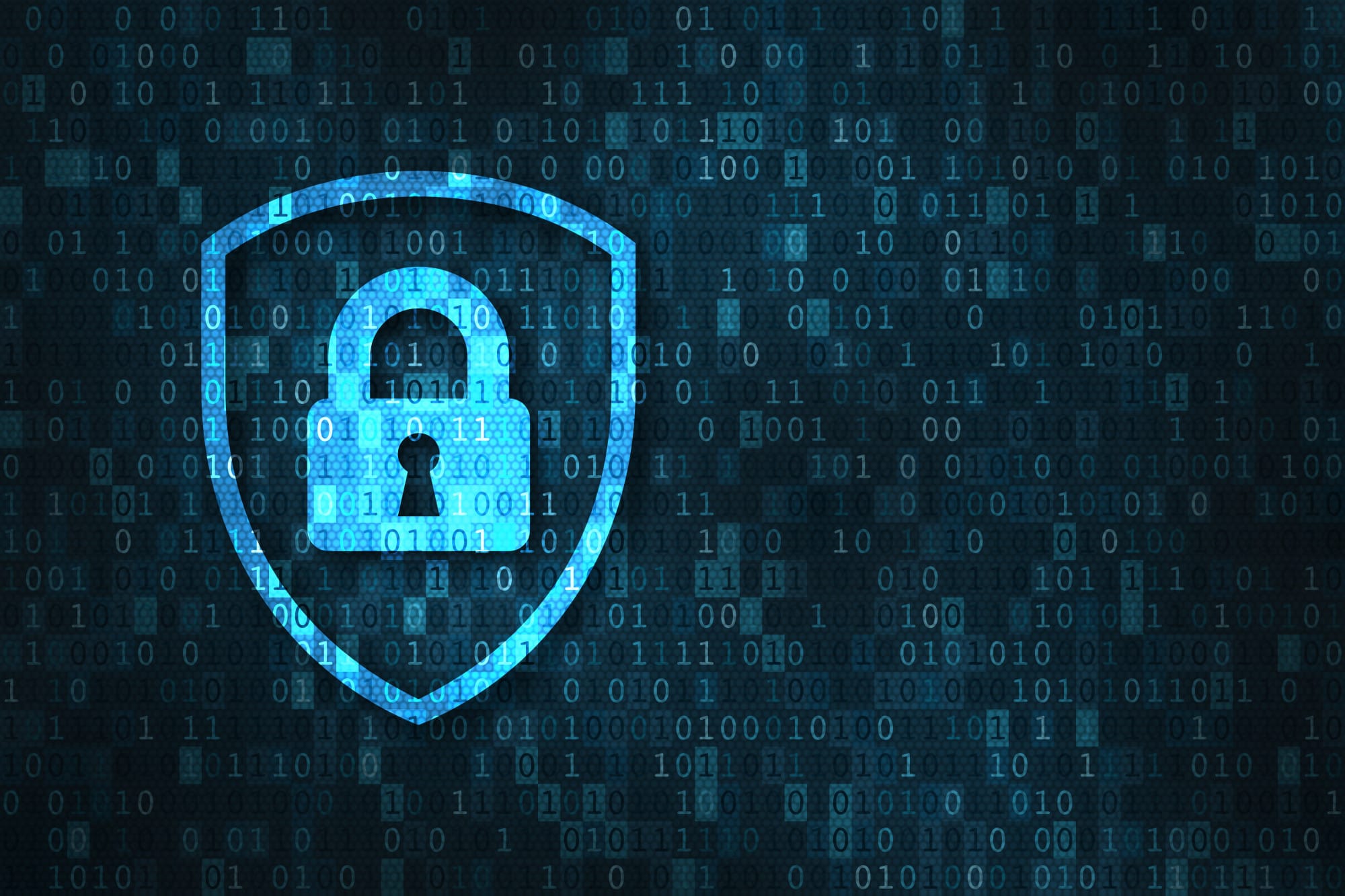The Importance of Data Backup and Disaster Recovery
July 27, 2021

Computer viruses are almost as old as the computer itself. The first virus dates back to 1983 and was a parasitic application created by Fred Cohen to show people how to counter different threats.
As a business owner, what’s just as important as protecting your technology, is having data backup and disaster recovery. This article will take a look at why these are both vital for your business. Read on to learn about the importance of these, and make sure that your data is protected at your company today.
Why Should My Company Have Data Backup and Disaster Recovery?
Companies in Alberta need a disaster recovery and data backup plan to protect their data and have their business up and running again if a problem occurs.
Data backup is where you have copies of data stored in a secondary location. In the case of an emergency, it can be restored, even if there’s accidental deletion.
However, along with a data backup plan, you’ll want what’s known as disaster recovery as well to get up and running again quickly. Having a plan in place will ensure that your systems and processes can get back online in as little time as possible.
Having a plan for data backup and disaster recovery will:
- Give you peace of mind
- Protect your business
- Protect your customers and clients
Cloud Backup and Recovery
Having a cloud backup means that you’ll have a backup strategy where you’ll send a copy of your data over a network to an off-site server. The provider that hosts it will charge you a fee based on the capacity, bandwidth, or number of users.
Cloud backup services might take days due to the volume of data, but it’s worth it. Cloud seeding is where your backup vendor can send you a storage device such as a disk drive to back up your data locally before sending the device back. The provider will back up your data over the network.
The Different Types of Data Backup
Some of the most common types of data backup include full and incremental backup. An incremental backup is where only the data that’s changed since your last backup will be copied. There’s a backup application that keeps track of the date and time of the previous backup.
A full backup is a complete backup operation where it makes a copy of all of your data to another device and can include a DVD, disk, tape, etc.
1. Natural Disasters
Floods, storms, fires, and other natural disasters can wreak havoc on your electronics. They can cause permanent damage to your devices and business itself.
Many businesses that don’t open within a certain amount of days after a natural disaster are more likely to stay closed for good. A disaster recovery plan will protect you in this situation.
2. Cyber Crimes
One of the top cybersecurity threats to businesses is unauthorized system access. This happens when a hacker gains access to your computer or network system without your consent.
Canadians have been noticing an increase in cybercrimes throughout the years, especially toward businesses. If you have a ransomware attack, it can cause a significant profit loss for your company. The plan you come up with needs to identify what you’ll do to prevent hackers from gaining access.
3. Human Errors Happen
Your employees can make errors that can impact the reputation and safety of your company and can lead to your data being compromised.
When you have a data backup and recovery solution, you can reverse this, whether it’s the deletion of important data, loss of hardware, etc. Having a plan in place will ensure that you don’t wind up losing important information.
4. Hackers Want Data
If a hacker gets into your network, they can place ransomware which can lock you out of critical systems and compromise data integrity. Once they have access to sensitive data, they can threaten to publish this information. When this occurs, you might only be able to gain access or prevent your data from being sold on the dark web after you pay a ransom.
To protect yourself, you’ll need to have the proper IT solutions in place. Your IT provider will ensure that you have the correct authentication, anti-virus software, user training, and firewalls.
These solutions include other preventative measures as well. If you try to do data security yourself, you might be setting yourself up for failure with your data winding up in the wrong hands.
5. Protect Your Reputation
When you’re down for too long or have been hacked, it’ll make customers question how trustworthy your company is. Lost or stolen data can lead to a loss in customers, a tarnished reputation and cause plenty of delays.
These types of situations might even sever ties for good where your customers might never trust you. There’s a good chance that they’ll let others know about their negative experience as well.
Understanding the Importance of Data Backup and Disaster Recovery
After exploring this guide, you should better understand the importance of data backup and disaster recovery. Your next step is to reach out to a professional and experienced IT solutions company in Alberta.
From cloud solutions to server infrastructure, Hemi IT Solutions can match your business IT needs and ensure that your business is protected for the long term. Contact us today, and we’ll come up with an action plan that meets your needs.
